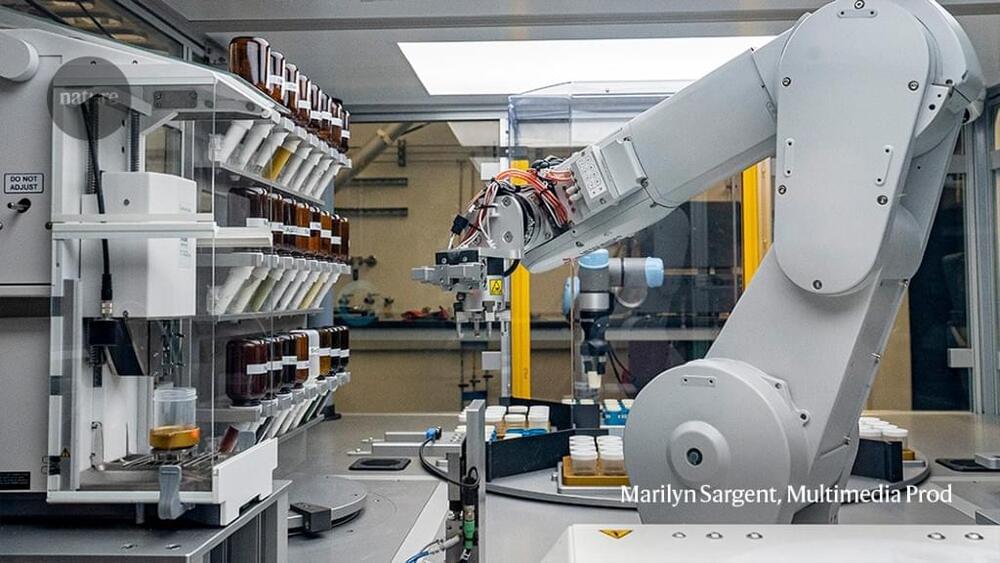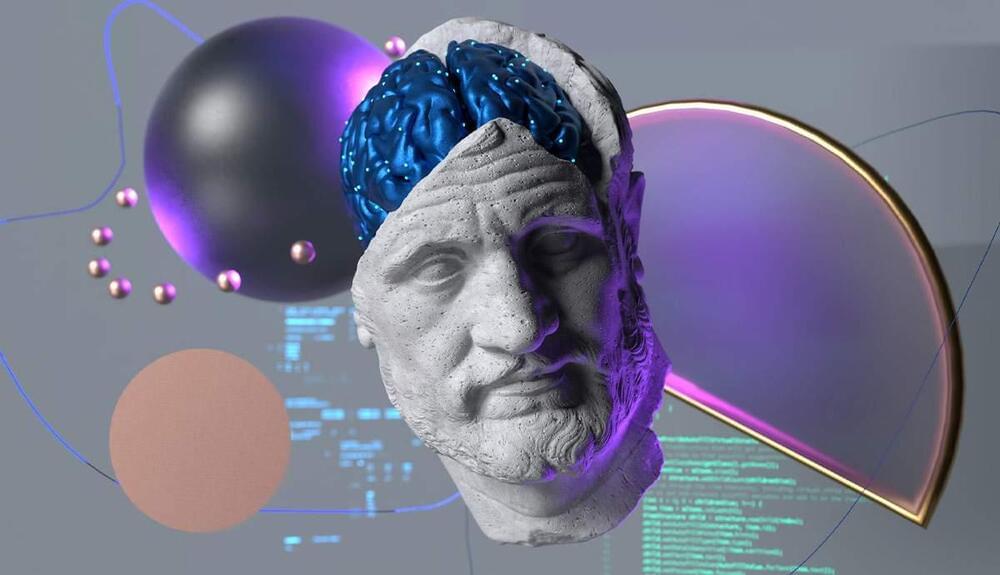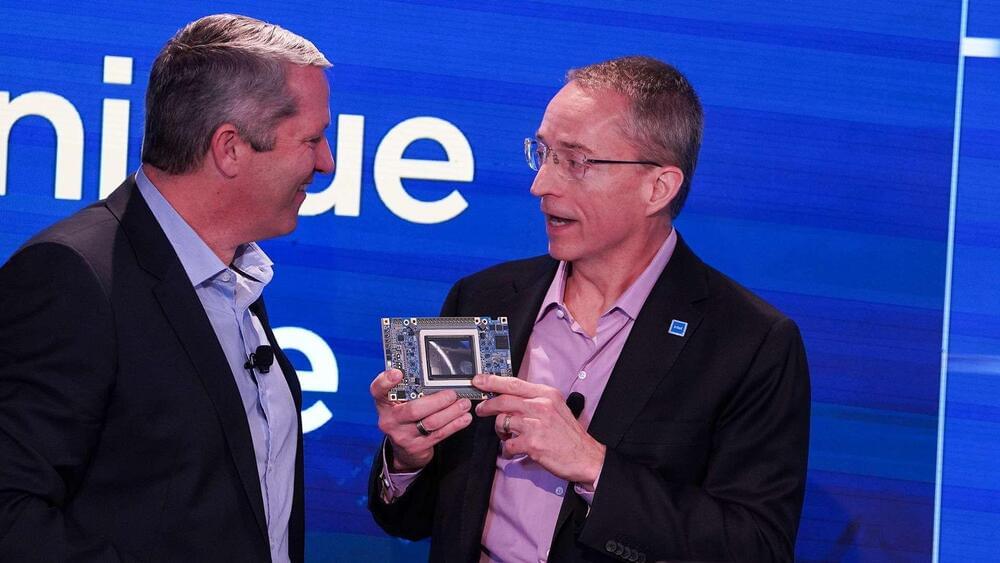Plus: AI-text detection tools are really easy to fool.




Get on my daily AI newsletter 🔥 https://natural20.beehiiv.com/subscribe [News, Research and Tutorials on AI]
See more at: https://natural20.com/
My AI Playlist: https://www.youtube.com/playlist?list=PLb1th0f6y4XROkUAwkYhcHb7OY9yoGGZH
The Mechanical and Aerospace Engineer Dr. Scott Walter joins us to discuss Tesla’s Optimus Bot 2. A new video showing how Tesla improved it’s Generation 2 Bot in record speed surfaced recently! Scott goes into great detail on what has improved and why this thing is a game changer for the robotics industry! A.

A group of scientists from across the U.S. claim to have created the first artificial intelligence capable of generating AI without human supervision.
Artificial intelligence models can now create smaller AI systems without the help of a human, according to research published Friday by a group of scientists who said the project was the first of its kind.
Essentially, larger AI models — like the kind that power ChatGPT — can create smaller, more specific AI applications that can be used in everyday life, a collaboration between Aizip Inc. and scientists at the Massachusetts Institute of Technology and several University of California campuses demonstrated. Those specialized models could help improve hearing aids, monitor oil pipelines and track endangered species.
A layman’s review of the scientific debate on what the future holds for the current artificial intelligence paradigm.


The teacher shortage crisis is a major concern, casting a shadow on educational quality across the globe. In this academic climate, the rise of AI in the classroom sparks both hope and skepticism. Alpha school is leading the way, devoid of traditional teachers and reliant on its AI-powered curriculum and “guide” system. This innovative approach offers a glimpse of a promising future where technology and human ingenuity merge to redefine education.
AI has become a game-changer in education by customizing learning experiences according to students’ individual learning styles and paces. Alpha’s app-based tutoring system is a prime example of this. It is personalized for each student’s strengths and weaknesses, a significant departure from the traditional “one-size-fits-all” classroom approach. For instance, consider a child who struggles with math concepts. AI can modify the exercises and explanations to suit their learning style, enabling them to understand the material better.
Moreover, this AI-driven education system offers instant and detailed feedback, which may be lacking in some schools. Such immediate response fosters a deeper understanding and encourages a more engaged learning process. This level of individualized attention is a powerful tool for enhancing knowledge and engagement.

DeepMind’s FunSearch discovers new mathematical knowledge and algorithms.
Google DeepMind has triumphantly cracked an age-old mathematical mystery using a method called FunSearch.
The math problem that FunSearch has solved is the famous cap set problem in pure mathematics, which has stumped even the brightest human mathematicians.
